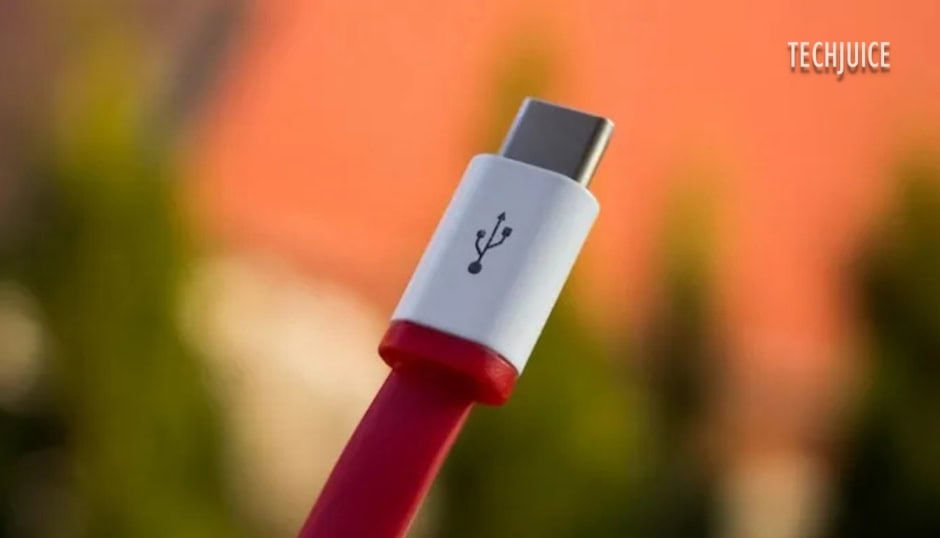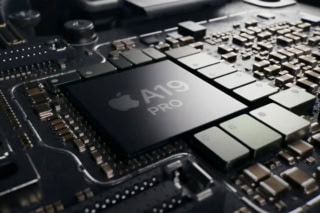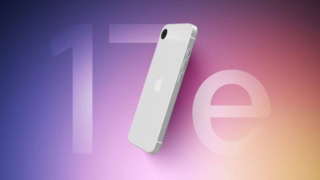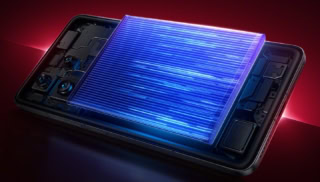EU Enforces USB-C Charger Mandate in Europe to Reduce E-Waste and Costs

The European Union’s directive requiring a universal charging standard took effect on December 28th, 2024, mandating that all new mobile phones, tablets, digital cameras, headphones, and other electronic devices sold within the 27-nation bloc be equipped with a USB Type-C charging port. This initiative aims to simplify device charging, lower consumer prices, and drastically reduce electronic waste in Europe.
The European Parliament announced on social media platform X: “Starting today, all new mobile phones, tablets, digital cameras, headphones, speakers, keyboards, and many other electronics sold in the EU will have to be equipped with a USB Type-C charging port.”
The legislation, first approved in 2022, provided manufacturers with a transition period until December 28, 2024, to comply with the new standards. Laptops are granted an extended timeline and are scheduled to be compliant by April 28, 2026. The EU anticipates that this move will not only streamline the charging process for consumers but also lead to substantial environmental benefits by reducing the proliferation of obsolete chargers.
In response to the new regulations, major manufacturers have adjusted their product offerings. Apple which predominantly used its own lightning port has also recently made a switch to USB-C to adhere to the rules set by the EU. As reported by The Verge, Apple has removed its remaining Lightning-based devices, such as the iPhone SE and iPhone 14 series, from European stores to comply with the directive.
According to the European Commission, the standardization to a single charger type will cost consumers at least 200 million euros per year and reduce the amount of e-waste by over a thousand tons each year. This directive is not unique since the EU has been encouraging consumers to make green decisions that have a lesser impact on the environment.
Although the directive is targeting wired charging devices now, actions towards harmonization of wireless charging technology will persist in the future as the EU plans to advance towards minimizing e-waste and improving the convenience of consumers in the future.
Sharing clear, practical insights on tech, lifestyle, and business. Always curious and eager to connect with readers.


 2 min read
2 min read
















